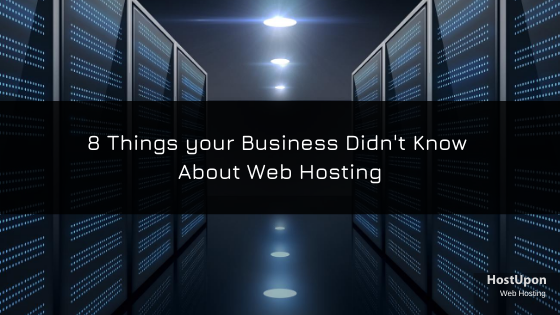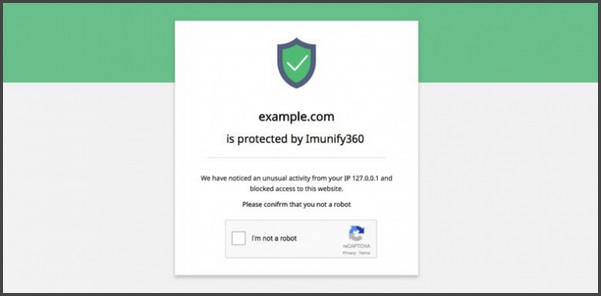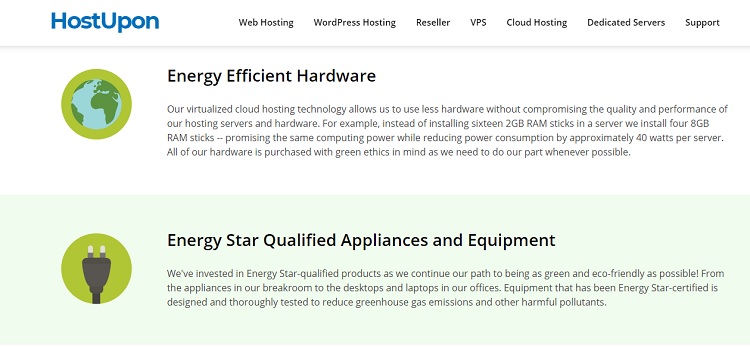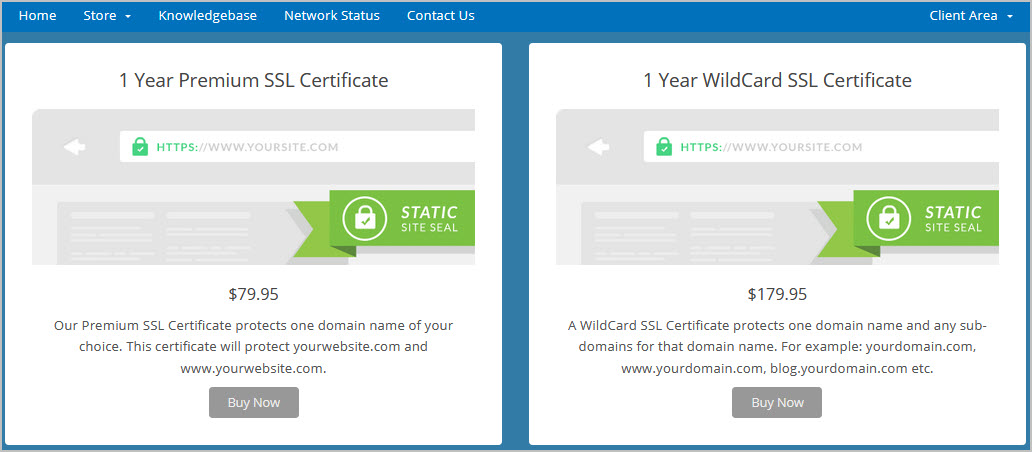Although websites may seem similar to many people, hosting requirements can differ. This is especially true when taken in a business context. Many aspects of your website can reflect directly upon your business. In some cases, it may affect your bottom line as well.
Almost without exception, professional web hosting is beneficial to business sites. Yet what exactly is it about a business site that needs special treatment? Here are some of the more important things you need to know about hosting business websites.
What to Know About Business Web Hosting
1. Type of Hosting Matters
In general there are just a few main categories of web hosting – shared, VPS, Cloud, and dedicated servers. Although in many cases they are distinguishable by price, each of them also has particular characteristics.
Shared hosting is the cheapest type of hosting available. However, it isn’t normally recommended for use in hosting business websites. Compared to the other types of hosting accounts, shared hosting is slower, less reliable, and most importantly – less secure.
Depending on the nature of your business, I recommend you consider VPS, or Virtual Private Server hosting at the minimum. Compared to dedicated servers, VPS hosting offers similar advantages at a fraction of the price.
2. Security is Vital
As mentioned earlier, shared hosting is the least secure among all web hosting types. This is because your hosting account shares a single server (and all its resources!) with potentially hundreds of other accounts.
VPS hosting offers dedicated resources and siloed environments for a small number of accounts per server. Your web hosting space is kept safe and secure from any threats which may infect other accounts on the same server.
Some web hosts also offer better security features than others. You need to look for the security features that protect hosting accounts such as the Imunify 360 or AI driven anti-bot system.
3. Phone Support Can Make a Difference
There are many ways that web hosts can offer assistance to their customers. Among them, the most common methods are email or a ticketing system. Be wary of web hosts that rely only on these methods to support business accounts.
Where possible, look for web hosting that allows you to call for assistance via phone – or at the very least, live chat. When web hosts offer ticketing systems or email support with promises of quick response times, there is typically a catch to this.
When you submit a support request, their system will send an autoresponder email. That’s considered as their initial response – well within their promised time frame. So to get real support quickly, try to find a host with phone support.
HostUpon is a great example of a web host that provides both live chat and phone assistance to support their customers.
4. Not All Web Hosts Offer the Same Performance
Each web hosting company has their own stable of equipment and technologies used. In fact, how they configure everything counts as well. While you may not be able to observe this openly, you can generally tell by the speed of their web servers.
All modern websites need to be fast for any hope of getting ranked in search results. For business sites, your web hosting server speed can influence the number of purchases made on your site.
Before signing on with a web host, use a resource like HostScore and Trustpilot to get a more reliable and accurate gauge of a web hosting company’s server performance and its reputation.
5. You Need Spam Filtering
Most businesses will also use their web hosting account to handle their emails. This allows you to make use of custom domain names. While email handling is commonly available as part of hosting packages, they do not always come with spam filtering.
Spam not only wastes your employees time but also has high chances of carrying malware into your office network. Always ensure that your hosting package comes with spam filtering capabilities.
Preferably, get dedicated email hosting that is specially configured to handle only your mail. This not only gives you strong email features but will reduce the load on your web hosting server.
6. Not All Web Hosts are Green
In this era of increased environmental consciousness, we need to temper our actions to ensure we try to preserve the earth as much as possible. Many businesses today have some form of dedication towards this.
Web hosting is a big contributor to carbon emissions due to the electricity requirements of running data centers. To offset this, some web hosts have gone Green by either using renewable energy sources or some other form of carbon offset.
If you want to contribute towards this, look for a web hosting company that uses Green servers. It might not be much, but every bit helps the environment.
7. SSL is Important
Secure Sockets Layer (SSL) certificates define protocols that help keep data transmitted between your website and its visitors safe. This is something that’s absolutely necessary for you as a business.
Even if you’re running a simple, static business site, you need at least shared SSL for basic assurance. There are a few types of SSL and which kind you use will depend on your website. If you are running an eCommerce site, for example, you will need an Extended Validation (EV) SSL certificate.
EV SSL certificates offer the highest form of security and in many cases, even come with insurance attached. Here’s how you can purchase an SSL certificate from HostUpon.
8 Serve International Traffic with a CDN
When you sign on for web hosting, your server will be in one specific location. Web traffic comes from around the world and the further visitors are from your server, the longer your web pages will take to load for them.
To help your site mitigate this issue, make use of a Content Delivery Network (CDN). These global networks of servers will store portions of your sites around the world and act as a first line of delivery when visitors request a page from your site.
CDNs can help reduce page load times by quite a lot and don’t always cost a fortune. For example, you can use a free account with Cloudflare to get at least basic CDN functionality for your business website.
Final Thoughts
As you can see, although you can run a business site on shared hosting, there are many other factors for consideration. Business websites have to look beyond ‘it works’ and consider elements such as increased reliability and security.
While choosing a better hosting and more features may cost a little more – consider how much your brand’s reputation would suffer if something were to go wrong with your site. You may be able to recover a site from errors and downtime, but will your reputation recover as easily?








Add comment